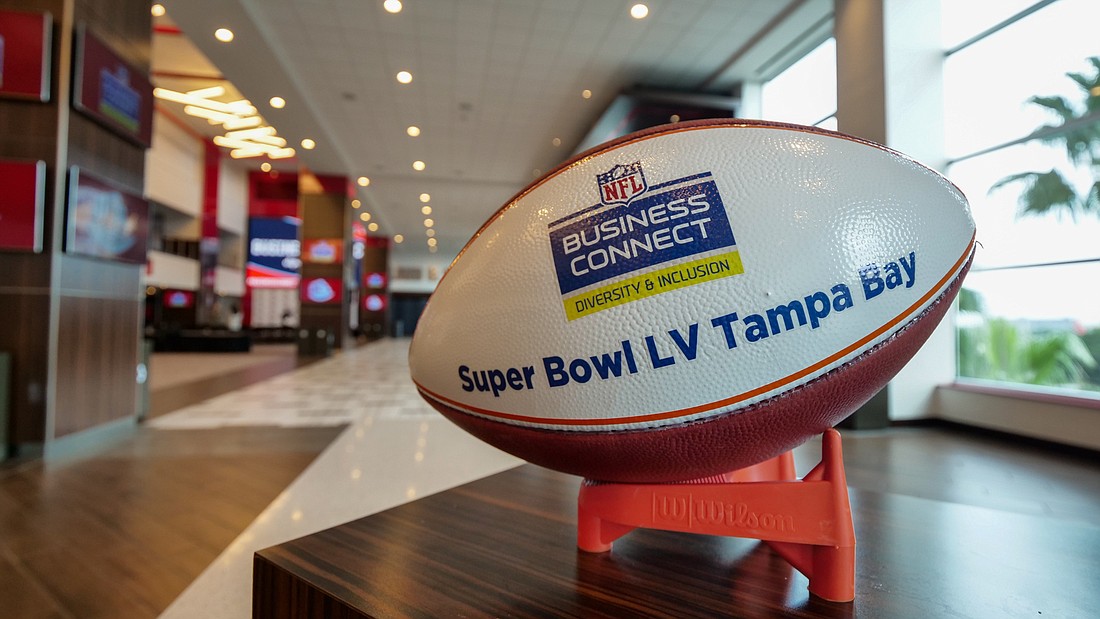- July 26, 2024
-
-
Loading

Loading

The organizers of Super Bowl LV, scheduled to be played Feb. 7 at Tampa’s Raymond James Stadium, have paid close attention to how the COVID-19 crisis has upended the world of sports. The NBA and NHL are playing in tightly controlled “bubbles” in Orlando, Toronto and Edmonton. Major League Baseball is attempting to have teams play in their home stadiums, without fans in attendance, but already some clubs, most notably the Miami Marlins, have been forced to postpone games due to coronavirus outbreaks among players and staff.
Much to the joy of Tampa Bay Buccaneers fans who can’t wait to see new quarterback Tom Brady in action, the NFL appears to be set on having a season. That means the biggest of big games, the Super Bowl, is a go — for now, at least.
In an Aug. 11 press conference, conducted via Zoom, the Tampa-based Super Bowl host committee, led by Bucs legend Derrick Brooks and investment firm executive Will Weatherford, detailed their plans for a Super Bowl fan experience in a COVID-19 world. The committee also announced sponsorship deals with two prominent companies: furniture store chain Ashley Homestore and Tampa-based cybersecurity firm ReliaQuest.
Unsurprisingly, indoor venues will not be used for the Super Bowl 55 Experience. Instead, downtown Tampa’s 2.7-mile Riverwalk, Curtis Hixon Park and Julian B. Lane Park will host a mix of events, ranging from live music and flag football games to autograph and photo opportunities with NFL Hall of Fame players.
“We’ll deliver all kinds of sponsor and fan activations,” NFL Executive Vice President Peter O’Reilly says. But, he adds, “We understand that this season, this Super Bowl and this entire period has required us to be flexible. We'll be adaptable … health and safety will guide every single one of our decisions.”
The NFL must walk a fine line to pull off its marquee event while keeping fans safe and minimizing the economic loss for the Tampa Bay region — which surely will not see the full windfall of a Super Bowl held in non-coronavirus times. Organizers remain hopeful the event and its associated community initiatives will be a net positive.
“I look at this as an enormous opportunity to bring our country together,” Brooks says, “not just with the pandemic, but all of the other issues we are dealing with, socially.”